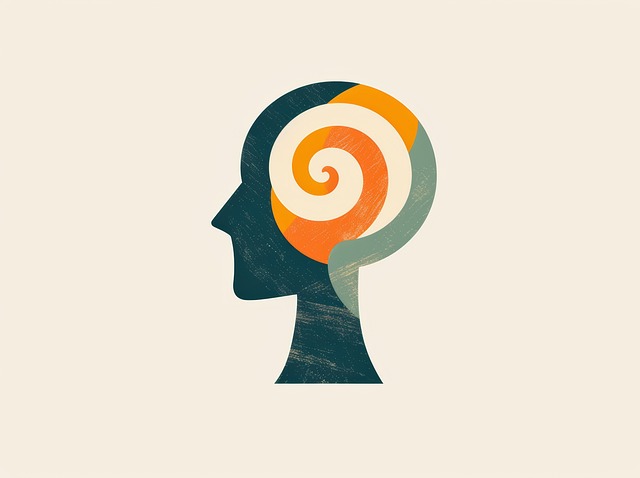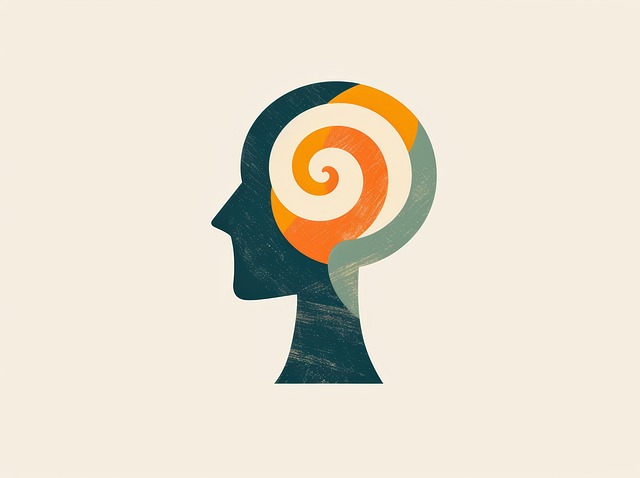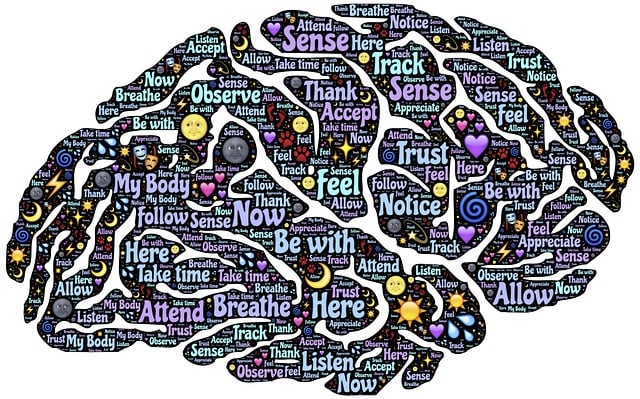Emotional Intelligence (EI) is a core component of Colorado Springs Dialectical Behavioral Therapy (DBT), enhancing personal growth and communication through self-awareness, emotional management, and resilience. DBT combines cognitive-behavioral techniques with mindfulness practices, teaching skills like distress tolerance, interpersonal effectiveness, and emotional regulation. Starting with self-awareness exercises and stigma reduction, DBT helps individuals manage emotions, improve decision-making, and build healthier relationships. Incorporating EI into daily life through practices like mindfulness meditation, alongside DBT resources, strengthens relationships and promotes overall well-being.
Emotional intelligence (EQ) is a powerful tool for personal growth and successful relationships. Understanding and developing EQ can significantly enhance your emotional well-being, improve communication, and foster healthier connections. This article explores various facets of building EQ, from the foundational concept to practical strategies. We delve into Colorado Springs Dialectical Behavioral Therapy as a comprehensive approach, outlining key components and offering guidance on integrating these skills into daily life and relationships.
- Understanding Emotional Intelligence: The Foundation of Self-Awareness
- Colorado Springs Dialectical Behavioral Therapy: A Comprehensive Approach to EQ Development
- Key Components of Building Emotional Intelligence Skills
- Practical Strategies for Integrating EQ into Daily Life and Relationships
Understanding Emotional Intelligence: The Foundation of Self-Awareness

Emotional intelligence (EI) is a fundamental aspect of human interaction and well-being. At its core, EI revolves around self-awareness—the ability to recognize and understand one’s own emotions, strengths, weaknesses, and how they impact behavior and interactions with others. This foundational skill is crucial for personal growth and effective communication in Colorado Springs dialectical behavioral therapy (DBT) settings, as well as within the broader healthcare provider cultural competency training context.
By cultivating self-awareness, individuals can begin to navigate complex situations more effectively, improve their problem-solving abilities, and foster healthier relationships. Mind over matter principles, which are a cornerstone of DBT and crisis intervention guidance, emphasize the power of understanding and managing emotions. This promotes resilience and adaptability in the face of stress or adversity, ultimately enhancing overall mental health and well-being.
Colorado Springs Dialectical Behavioral Therapy: A Comprehensive Approach to EQ Development

Colorado Springs Dialectical Behavioral Therapy (DBT) offers a comprehensive approach to emotional intelligence development. This evidence-based therapy combines cognitive-behavioral techniques with mindfulness practices, providing individuals with powerful tools to regulate emotions, improve communication strategies, and enhance overall well-being. DBT helps clients understand and accept their feelings, leading to better decision-making and healthier relationships.
Within the framework of DBT, individuals learn effective coping mechanisms, such as mindfulness meditation, to navigate intense emotions. The program also emphasizes the importance of self-awareness and self-care, enabling participants to manage stress and overcome challenges more effectively. Moreover, Colorado Springs DBT includes skills training in distress tolerance, interpersonal effectiveness, and emotional regulation, all of which contribute to a person’s ability to navigate life’s complexities with greater resilience and emotional intelligence.
Key Components of Building Emotional Intelligence Skills

Building emotional intelligence (EI) skills involves several key components that can significantly enhance one’s life, particularly in areas like Colorado Springs Dialectical Behavioral Therapy. The first step is self-awareness exercises, which enable individuals to recognize and understand their own emotions. By practicing mental wellness journaling exercises, people can develop a deeper connection with their feelings, thoughts, and behaviors. This self-reflection fosters the ability to identify triggers and patterns, crucial for managing emotional responses effectively.
Additionally, mental illness stigma reduction efforts play a vital role in cultivating EI. Through open conversations, education, and support networks, individuals can challenge societal perceptions surrounding mental health issues. This not only promotes self-acceptance but also encourages others to seek help without fear of judgment. Together, these initiatives contribute to creating an environment where emotional intelligence can flourish, ultimately leading to improved relationships, decision-making, and overall well-being.
Practical Strategies for Integrating EQ into Daily Life and Relationships

Incorporating emotional intelligence (EQ) into your daily routine and relationships is a powerful tool for personal growth and improved connections. For those seeking to enhance their EQ, Colorado Springs Dialectical Behavioral Therapy offers valuable resources. DBT therapy focuses on teaching practical skills to regulate emotions, improve communication, and foster healthier relationships. One of the key strategies involves mindfulness meditation, which helps individuals become more present and aware of their feelings, enabling better understanding and response rather than reaction.
Additionally, engaging in mental health policy analysis and advocacy can provide insights into systemic changes that support emotional well-being. Boosting confidence is another vital aspect; self-assurance allows individuals to navigate relationships with resilience and assertiveness. Through practice, these strategies become integral parts of one’s life, leading to more fulfilling connections and a stronger sense of self.
Emotional intelligence, a vital skill in today’s world, can be cultivated through various methods. The article has explored these, highlighting the importance of self-awareness and its role as the foundation for EQ development. One effective approach is Colorado Springs Dialectical Behavioral Therapy (DBT), offering a comprehensive strategy to enhance emotional regulation and interpersonal effectiveness. By focusing on key components such as mindfulness, distress tolerance, emotional regulation, and interpersonal skills, individuals can improve their ability to navigate life’s challenges and strengthen relationships. Integrating emotional intelligence into daily routines and interactions is achievable through practical strategies, ensuring that anyone can strive for personal growth and better understand themselves and others.














